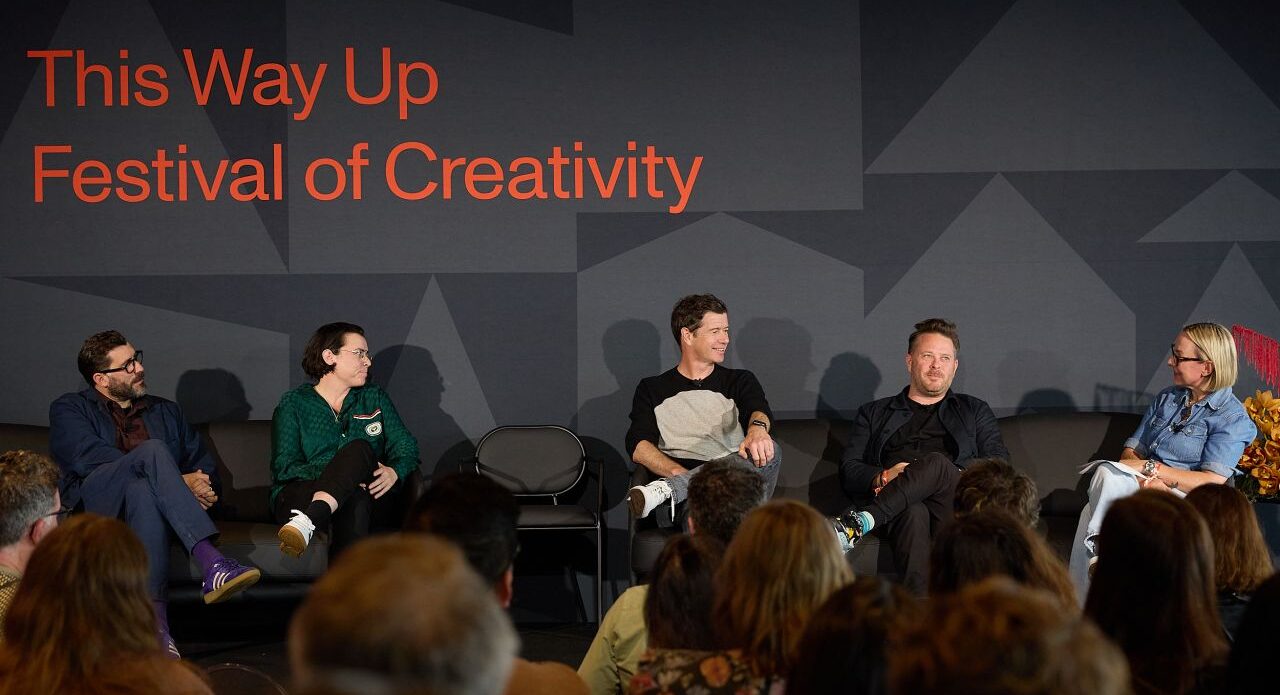A group of senior creatives who switched back to advertising after a stint in tech say their time at the likes of Google and Meta taught them just how much adland underinvests in training and development.
“You realise just how much you don’t know about people management,” Burton says of getting into a tech company. “They spend so much money.
“The biggest line item on our balance sheet is people. We don’t spend enough giving back [in agencies]. It’s a travesty.”
Burton, DDB Group Aotearoa‘s chief creative officer, left Special Group, where he was co-founder, for Google in 2017 with Dave Bowman. The pair became APAC creative chiefs. In 2021, Burton headed across the Tasman to DDB, and Bowman was elevated at Google to APAC head of creative. He stayed another year and a half before joining Publicis as AUNZ chief creative officer in May 2023.
“Until the last few years, I think our industry has convinced itself that we don’t have time for that [training and development], because we’re busy,” Bowman adds. This is both a time and money issue, he argues, since agencies charge for their time.
Burton and Bowman were speaking on a panel at This Way Up, the Advertising Council of Australia’s festival of creativity, moderated by recruiter Lea Walker. The duo were joined by M&C Saatchi CCO Steve Coll – who agrees tech was a crash course in management: “I thought I was a pretty good leader before I went there, and I got the first performance review and I went, ‘oh'” – and BMF ECD and chief innovation officer Tara McKenty to talk about why they left for tech, and what brought them back to advertising.
Burton and Bowman made a conscious decision to leave Special Group to upskill – they knew there was lots they didn’t know. As it was, working with the Google team – which at that point, already included McKenty – was the “fun part of our week,” according to Bowman.
McKenty’s trajectory is a little different. She left an agency for Google before she became a senior creative leader. She stayed at Google for 10 years, joining BMF in May 2023, the same month Bowman switched Google for Publicis. McKenty says creatives often have their head down in the work, and other industries can teach them to look up. But she found tech “pretty lonely” because it was harder to find her place.
As McKenty explains it, in advertising, a creative is the front man. In tech, they’re a value add. They’re lower on the pecking order than, say, engineers. Coll agrees that was “daunting”.
At creative agencies, he says, “we make the product. If it was a factory, we’re the people who make what the company does.” That wasn’t the case for him at Meta, where he spent four years as head of Facebook creative shop across AUNZ.
Coll appreciated the appetite for change baked in to tech companies; he’s found creative agencies lagging on that front upon his return.
“If you look at the desire to embrace change that these companies have, like they are racing each other, absolutely doing everything they can to embrace change. And I’m not sure we’ve got that to the degree that we need it in our industry.”
McKenty loved getting close to marketing departments at Google – “hearing about the dynamics and relationships between marketers, how they were treated, what they loved, what frustrated them, what happened on set” – which reminded her of the value of creativity to businesses, and creatives to clients.
“A shoot for a marketer is the most exciting time of the year, right? So normally they’re looking at projects, spreadsheets, KPIs. There’s so much pressure, and interaction with the creative agency or film production company or the creative partners, it’s the most exciting, fun part of their day, their week, their year.
“Yes, you need to push your clients in the right places, to make sure that the work hits standard and goes beyond and is great, but I think you also need to remember that it’s a relationship, it’s a date – keep the marriage spicy. You’ve got to keep it fun for them.”
Coll felt the same. “One of the things that really struck me was how much marketers want to deal with the creative people … that’s where the value is. [Marketers know] ‘That’s the thinking that I want. I want to be closer to the creative people.’ And I guess I probably didn’t appreciate to what extent that was true.”
The agency business model makes it hard for senior creatives to spend as much time with marketers as they should, Burton notes, but fixing this is “the way out of the shit show of us being sold like prostitutes for time,” he says.
“It’s on all of us to find and experiment and try different ways of making money, having ideas, creating things that we can build a future [around] so that we can spend the time [with clients].”
Burton, McKenty, Coll, and Bowman all returned to creative agencies within a couple of years of each other. Bowman missed “the spark and the real hunger” creative people have for making and “trying different stuff.”
“I felt like I was beginning to see a little bit of atrophy inside the tech world,” he admits.
“The survivors of the last five or 10 years of change are amazing. I think anyone who has stayed in this industry and survived all of that change and continues to make things, they’re the most match fit slice of our industry.”
See also: How Mark Green convinced Susan Coghill to help fund Play it Safe
—
Top image: L-R Coll, McKenty, Coll, Burton, Walker
